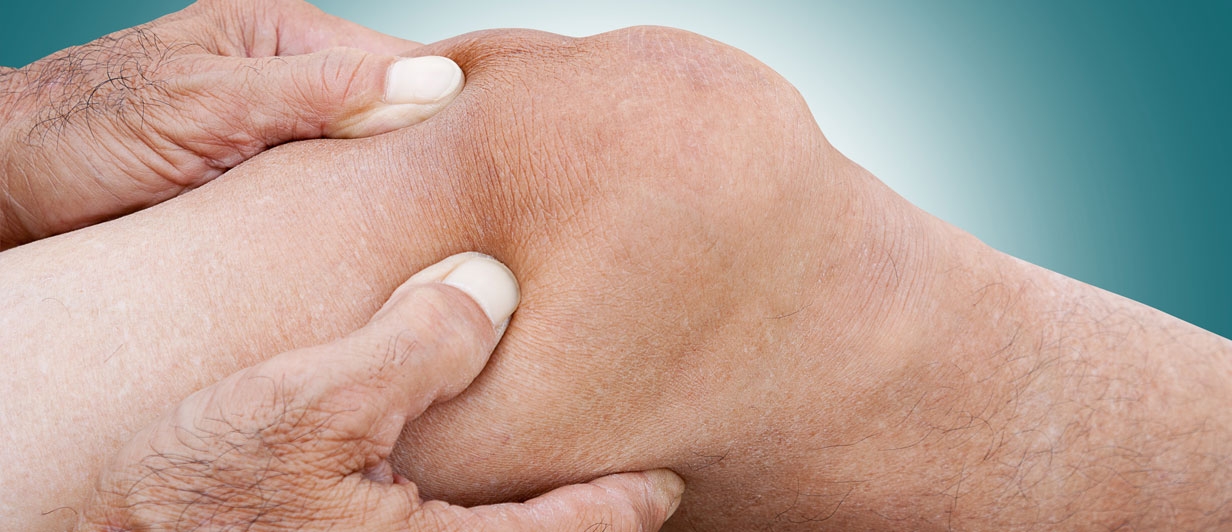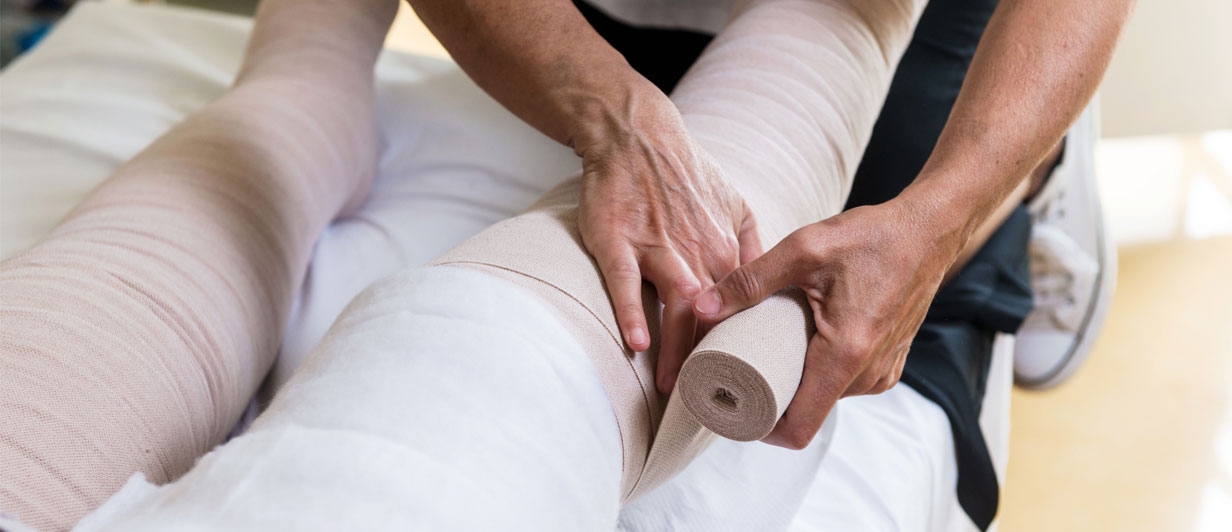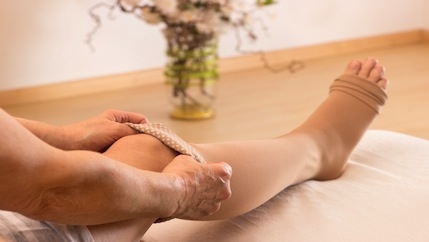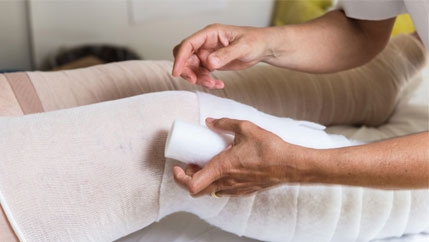Lymphedema Therapy
McLeod Rehabilitation Services offers a Lymphedema clinic with therapists who are certified in both Lymphedema and wound management. Chronic vein disease, heredity, lymph node removal or cancer radiation treatment commonly trigger the body to retain fluid. This leads to symptoms like abnormal swelling in the arms, legs or trunk. Potential long-term physical and emotional consequences, along with cosmetic deformities like severe infection and skin ulcers reflect the seriousness of Lymphedema. Complete Decongestive Therapy can manage symptoms.
Lymphedema Therapy services are available at each of the following McLeod hospitals:
Carolina Forest, Hartsville, Loris, and Seacoast.


-

Watch for These Symptoms
In the early stages, Lymphedema may show no symptoms or may present as a heavy, full or uncomfortable sensation. Other symptoms may include:
- Swelling, skin changes, numbness
- Pain, redness
- Tight, heavy or full feeling
- Fluid drainage or “weeping” from skin
- Reduced range of motion
- Weakness, decreased mobility
-

Complete Decongestive Therapy Effectively Manages Lymphedema
Patients with Lymphedema, chronic venous insufficiency (vein disease), and associated wounds can access Outpatient Services Although no cure exists yet for Lymphedema, it can be effectively managed through a Complete Decongestive Therapy (CDT). Phase One of CDT includes:
- Measurement of limb volumes
- Manual lymph drainage (MLD)
- Compression bandaging
- Skin care and wound care
- Therapeutic exercise
- Compression garment recommendations
- Patient and family education
Patients attend the intensive phase of treatment on a daily basis. During the intensive phase, CDT seeks to decrease swelling as quickly as possible, improve skin condition, reduce pain, improve daily function and fit with compression garments. In Phase Two of CDT, a patient moves to an individualized program at home to continue improvement of their Lymphedema.
Close
-
McLEOD REGIONAL MEDICAL CENTER FLORENCE
843-777-2000 -
McLEOD DARLINGTON
843-777-1100 -
McLEOD DILLON
843-774-4111 -
McLEOD LORIS
843-716-7000 -
McLEOD SEACOAST
843-390-8100 -
McLEOD CHERAW
843-537-7881 -
McLEOD CLARENDON
803-433-3000



-
McLEOD REGIONAL MEDICAL CENTER FLORENCE
843-777-2000 -
McLEOD DARLINGTON
843-777-1100 -
McLEOD DILLON
843-774-4111 -
McLEOD LORIS
843-716-7000 -
McLEOD SEACOAST
843-390-8100 -
McLEOD CHERAW
843-537-7881 -
McLEOD CLARENDON
803-433-3000
 Find a Doctor
Find a Doctor  Locations
Locations  Services
Services